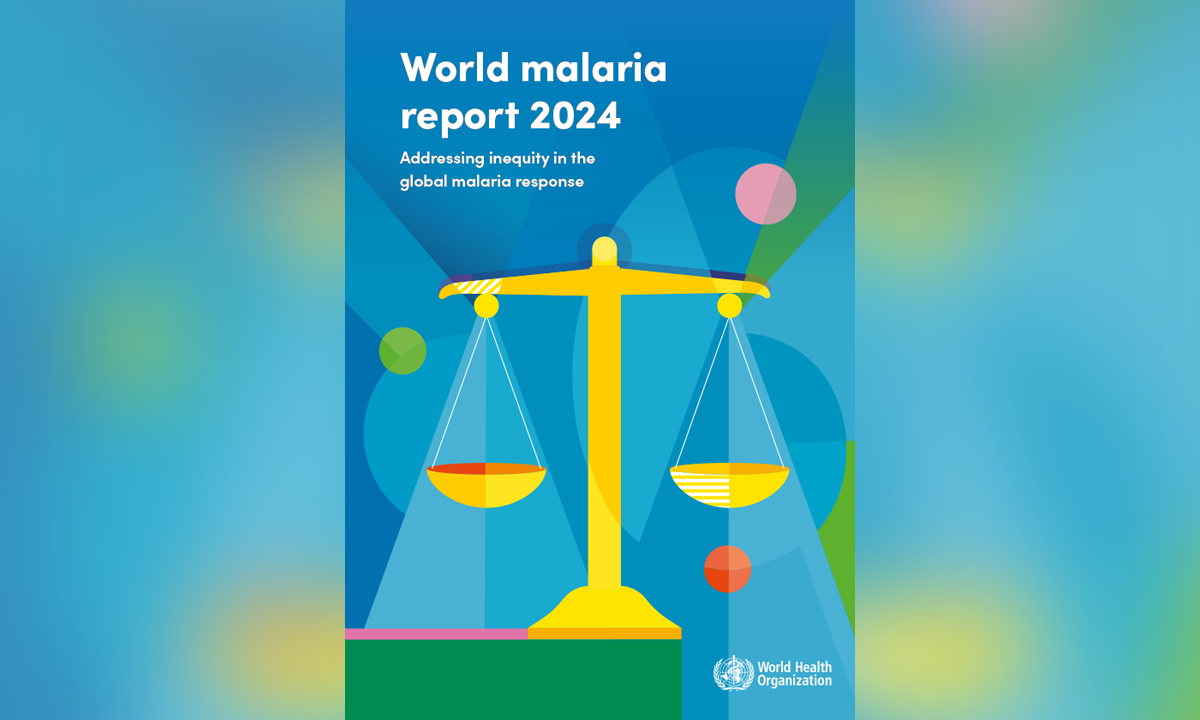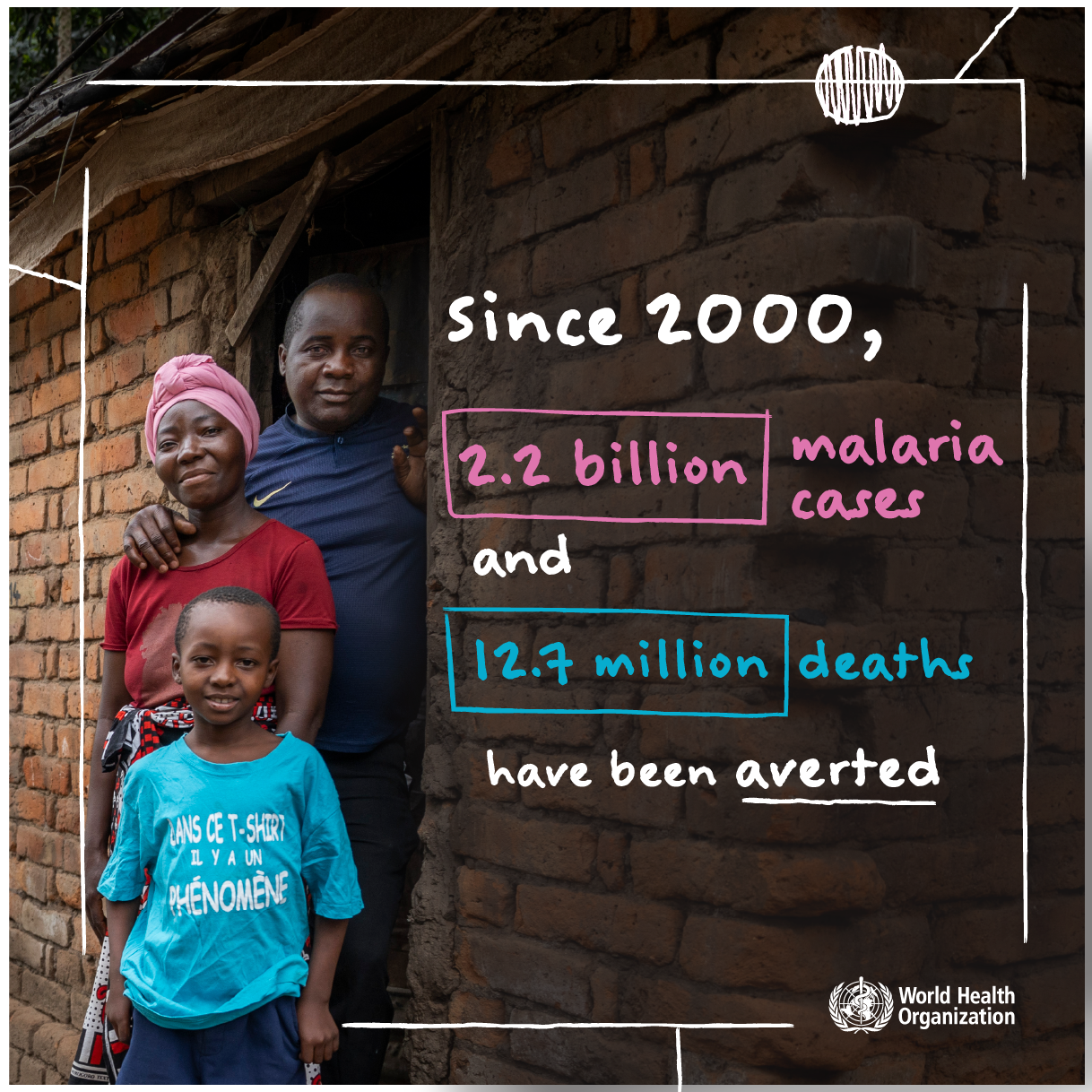MCD's Response to 2024 World Malaria Report
December 18, 2024

The World Health Organization (WHO) recently released the 2024 World Malaria Report, which provides updates on the state of malaria around the world.
The report found that progress toward reducing malaria has continued to stagnate with a staggering 263 million cases and nearly 600,000 deaths reported in 2023. Despite this, millions of cases and deaths are estimated to have been averted by existing control strategies, continuing with the positive trend since 2000.
At MCD Global Health, our teams are making progress in our malaria control initiatives. We are at the forefront of distributing innovative vector control interventions, including next generation, long-lasting insecticidal nets (LLINs) and insecticides for indoor residual spraying. Additionally, we provide high-quality malaria case management by guaranteeing access to diagnostics and effective antimalarial drugs to those at risk of contracting the disease.

We also share similar challenges as those faced by many others in the malaria control community:
- Funding gaps,
- Resilient mosquito populations sustaining residual transmission,
- Malaria importation from high-burden areas to pre-elimination settings,
- Significant land-use changes that promote mosquito breeding,
- Access to quality diagnostics and adherence to case management guidelines,
- Lack of individual adherence to treatments and vector-control interventions, and
- Poor access to primary health care.
Together, these challenges call for a more robust and continuous set of interventions, policies, and strategies. The malaria endemic world cannot afford a continuation of the current status quo. Malaria control needs urgent adaptation. The WHO has made significant strides in this direction, such as releasing updated recommendations on vector control, endorsing the roll-out of the R21 vaccine as a complement to RTS,S, and promoting community-based delivery of preventive chemoprophylaxis.
But more is needed.
We need new interventions and enhancements to the quality and effectiveness of proven interventions. For example, larval source management has been proven to reduce residual biting in areas where mosquito vectors are evading indoor interventions.
Operational research needs to be ramped up to continue growing the evidence base and turn data into useful information for policy makers to redefine strategies in a rapid turnaround. Some of our own research has shown that adapting existing strategies can increase overall intervention coverage, protecting more populations at risk in a more equitable manner while using limited funds in a more efficient way.
To advance malaria control efforts, funding mechanisms and implementation strategies should be more flexible for countries and communities to develop locally tailored approaches. Malaria programs can leverage data to produce statistical and mathematical modeling to recommend and support evaluating interventions.
At MCD, we endorse high-quality data to drive policies and decision making to make progress. By relying on data systems, we have experienced game-changing opportunities not only to keep improving intervention deployment and coverage, but also to allow for innovation in how we approach malaria control.